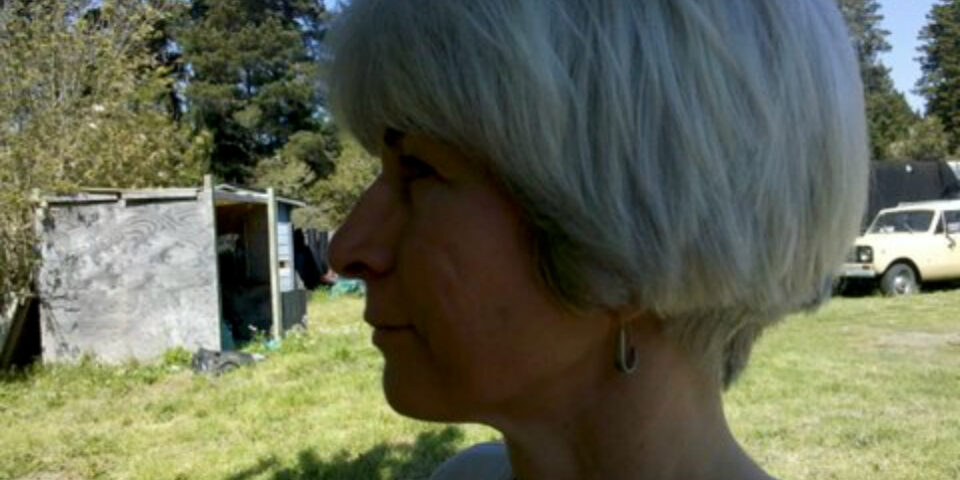I was born and raised in the LDS Church and loved the gospel from the start. My father’s father was a convert who married a descendant of Mormon pioneers; he said in his autobiography that he finally converted after his Sunday School teacher, David O. McKay, explained the gospel to his satisfaction. My mother’s family was of pioneer stock on both sides. My parents met at BYU and married in the Salt Lake Temple. I was the third of four children, the only girl.
When I was 8 or 9, I was captivated by the homecoming to our ward of a sister missionary. Girls could be missionaries too! For I seldom saw women stand in front of the congregation, except perhaps as chorister. That probably planted the seeds of my own mission later on, egged on by my patriarchal blessing.
Eventually I made it to BYU, and, urged by my bishop at my home ward, agreed to put in my mission papers. I can’t say I really wanted to go at that point; I wanted to get married in the temple and be a mother in Zion, the thing I had prepared for and hoped for all my life to that point. But if the bishop thought I should go — and I loved my bishop — surely that’s what the Lord wanted. After all, it was in my patriarchal blessing. I was excited to get called to Japan.
Although I was considered a successful missionary, it was very, very difficult for me. I had a strong testimony of the gospel, but lots of self-doubts and an aversion to tracting and proselytizing.
One particular incident stands out. One of my converts was getting baptized in the Nagano ward. She put on a white cotton baptismal suit. A corner of the stiff, heavy fabric wasn’t completely immersed, and many people, including myself, pointed that out, and so the baptism was performed once again.
A Japanese member, a man, pulled me aside and told me that it was not appropriate for me, as a female, to comment on the correctness of the baptismal procedure. I was shocked and completely humiliated. It had somehow never before occurred to me that not holding the priesthood meant that my opinions, my judgment, the very view from my eyes was not counted the same as that of any man in the room, because they held the priesthood, and I didn’t. I couldn’t. That stung like a resounding slap on the face — only more so.
I finished out my mission and later taught at the MTC. I can’t say to what extent the incident motivated my eventual estrangement from the Church, but it didn’t help
I don’t think the Church can progress as an institution — as the body of Christ — unless and until women are ordained and accorded true equality with men, and true respect as the equals of men in every way. The Church should ordain women.






